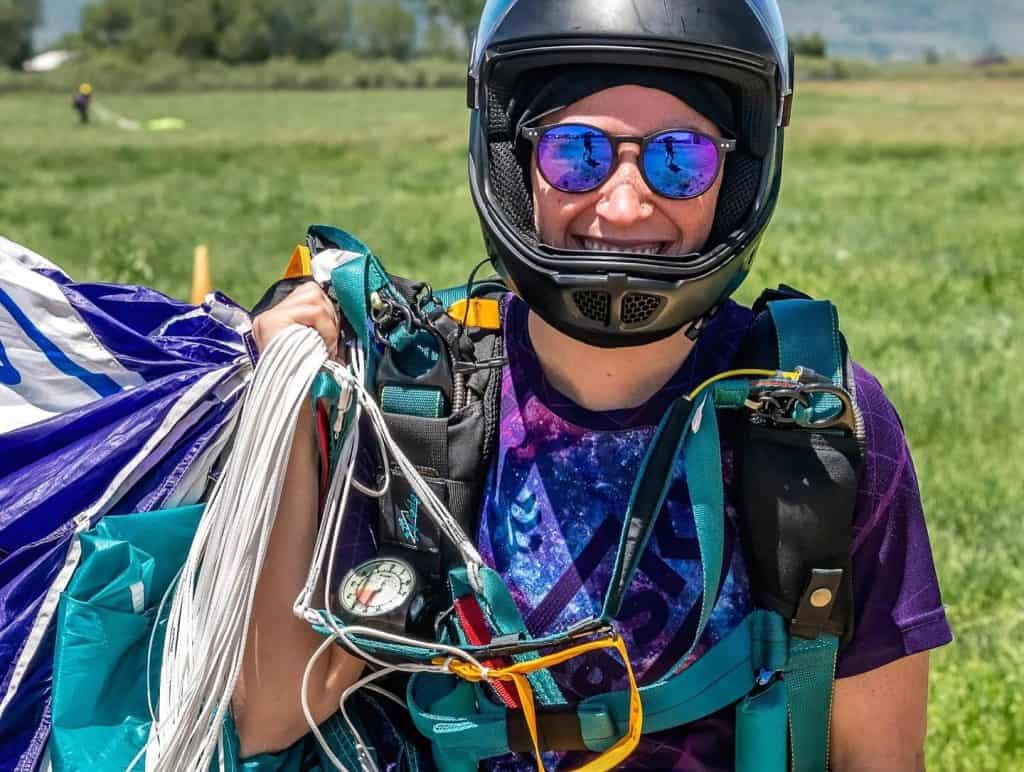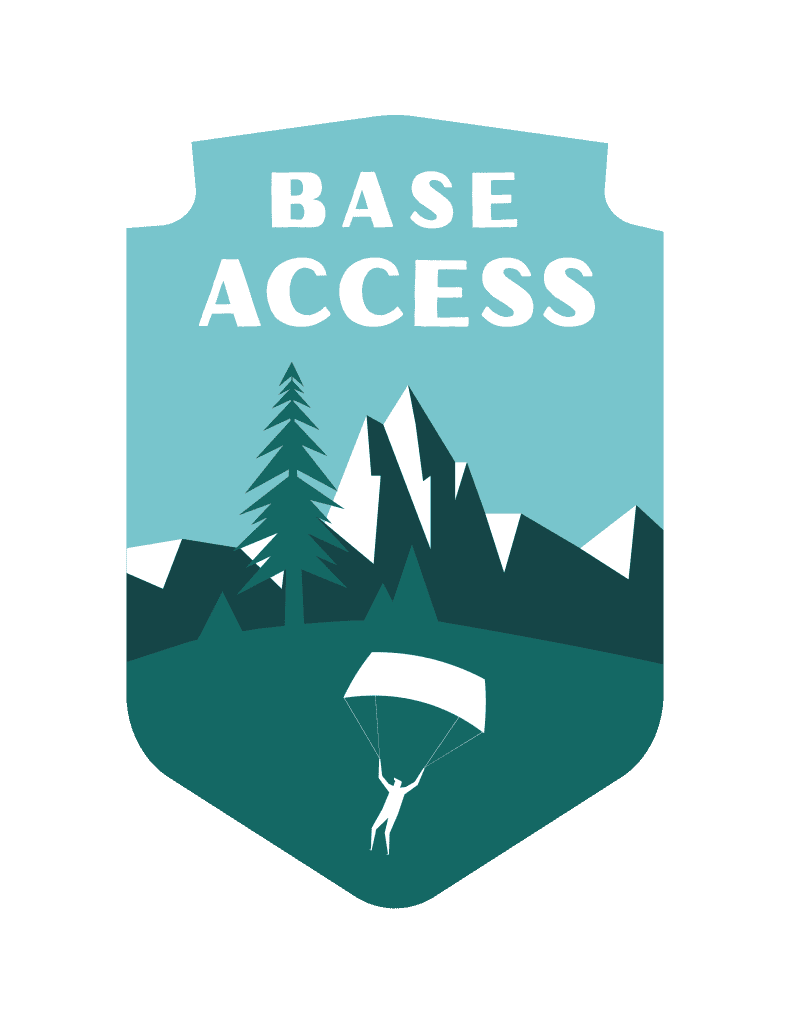Cases
BASE Access, et al. v. National Park Service
CASE SUMMARY
NCLA challenges Congress’s unconstitutional delegation of criminal lawmaking power to the National Park Service (NPS), allowing the agency to decide what constitutes a criminal offense within the 85 million acres of public land it oversees. For decades, NPS has unconstitutionally wielded this legislative power, criminalizing a vast range of activities in the national parks, including some as innocuous as roller skating or using a metal detector. As relevant to this case, NPS effectively criminalized an entire sport—BASE jumping—without clear direction from Congress, the only branch authorized to make criminal law. As a result, NCLA’s clients—a group of law-abiding working professionals and dedicated athletes—face arrest and criminal penalties, including a $5,000 fine, a permanent criminal record, and even imprisonment, simply for engaging in a legitimate, internationally recognized sport in our national parks.
Congress enacted the NPS Organic Act in 1916, broadly granting the Department of the Interior (DOI) and NPS (an agency within DOI) the unlimited authority to create any regulations that the agencies might deem “necessary or proper” for the “use and management” of the national parks. Congress mandated in a subsequent statute that the violation of any of the regulations deemed “necessary or proper” by DOI or NPS under the Organic Act would constitute a federal criminal offense. In conferring this criminal lawmaking authority on the agencies, Congress provided no intelligible principle limiting DOI’s power to create criminal law, offering only a vague affirmative mandate to “conserve” and “provide for the enjoyment” of national parks. NPS has seized the opportunity to criminalize, at its unfettered discretion, a vast array of activities that Congress never outlawed, including BASE jumping. Further, NPS arbitrarily applies its regulations, criminally prosecuting individuals who engage in recreation that the agency disfavors (i.e., BASE jumping), while permitting parkgoers to freely engage in substantially similar activities (i.e., hang gliding) of which it approves.
RELEVANT MATERIALS
NCLA FILINGS
PRESS RELEASES
NCLA’s 100th Case Challenges Agency’s Illegal Criminalization of BASE Jumping in National Parks
February 24, 2025 | Read More


